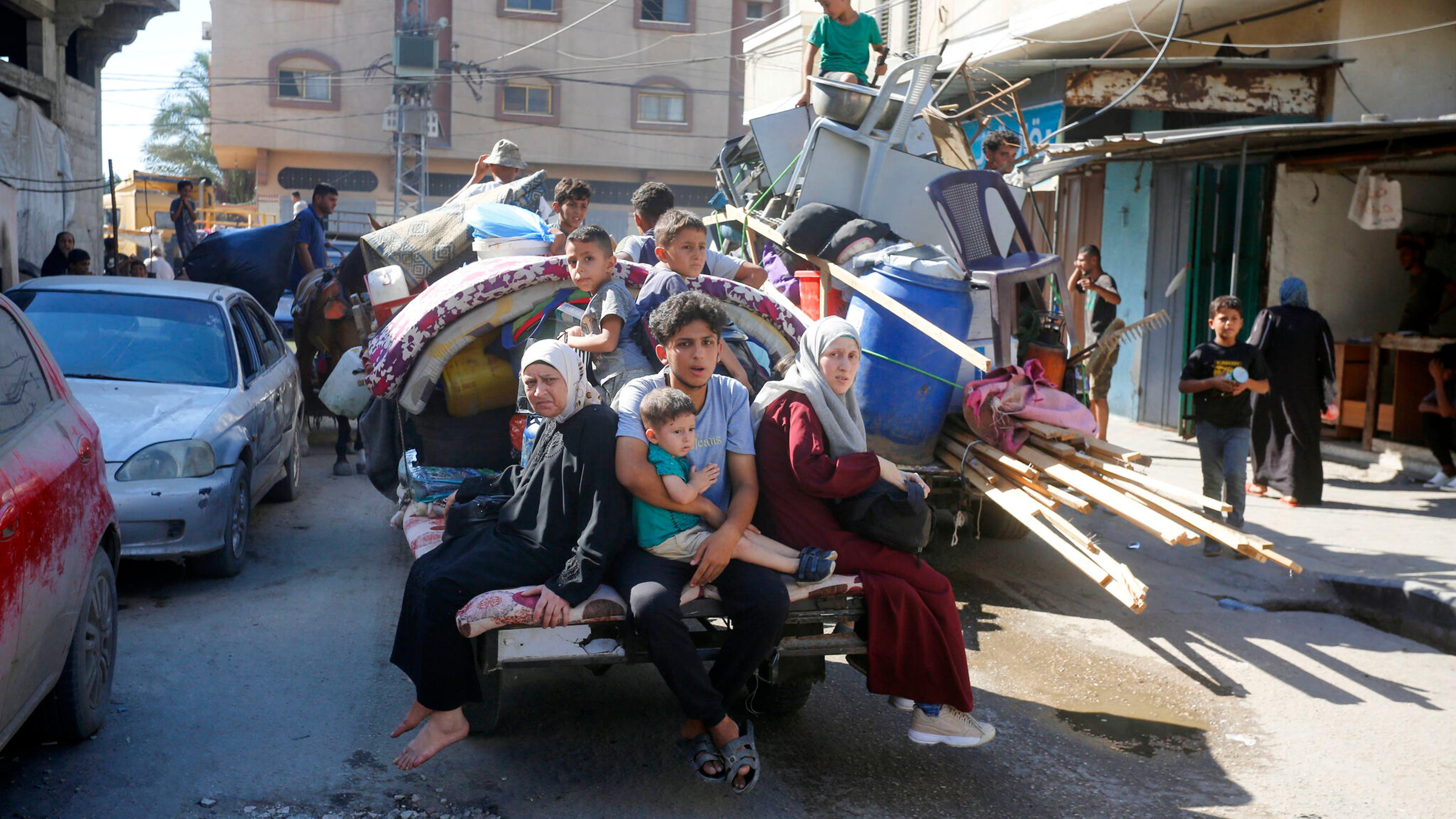Gender-Based Violence in Emergency: Integrating Prevention and Enhancing Survivor Care
 © UNRWA
© UNRWAWhat is the challenge?
About 30% of women experience physical and/or sexual violence in theirlifetime, often by an intimate partner. GBV rates are often higher amongrefugees and migrants due to increased risks of sexual violence,exploitation and trafficking, and Palestinian refugees are no exception.The frequency, intensity, and severity of GBV escalate in humanitarian settings. Yet, only 1% of humanitarian fundingtargets these challenges.
The humanitarian sector has been slow to adapt conventional gender-based violence (GBV) programming to emergencies due to limited financial resources and de-prioritizing frontline GBV capacities. Consequently, both GBV prevention and response are particularly impeded in these contexts. In the MENA region, frontline workers have limited access to tools and resources to provide timely and informed support to GBV survivors, which is exacerbated by poor internet access, limited technological infrastructure, and limited tools in Arabic dialects.
What is innovative about the project?
The project is conceptually innovative by focusing on engaging men and boys in GBV prevention, shifting the focus from traditional reactive measures to proactive, community-driven solutions. The project is also leveraging technological innovation to address the gap in knowledge, availability of tools, and evidencefor frontline staff through the implementation of a LocalizedOffline AI System (LOAIS). LOAIS is a voice-based Generative AItechnology designed for offline functionality, making critical informationaccessible in areas where internet access is not available. For instance, users can speak into thedevice in their own Arabic language, asking questions like “Where is thenearest health clinic?” and receive responses without needing an internetconnection.
What are the expected outcomes?
The project aims to enhance the capacity of GBV services by providing support in local languages and updating referral processes. It will engage men and boys in GBV prevention, creating a culture of accountability and reducing impunity. By addressing the root causes of GBV and promoting social norm change, the project will contribute to long-term improvements in safety and well-being for affected communities
Who are the project partners?
The project is led by UNWRA and IFRC who will collaborate with various partners, including the private sector, which will contribute with expertise in AI model customization, linguistic adjustments, and technical training.